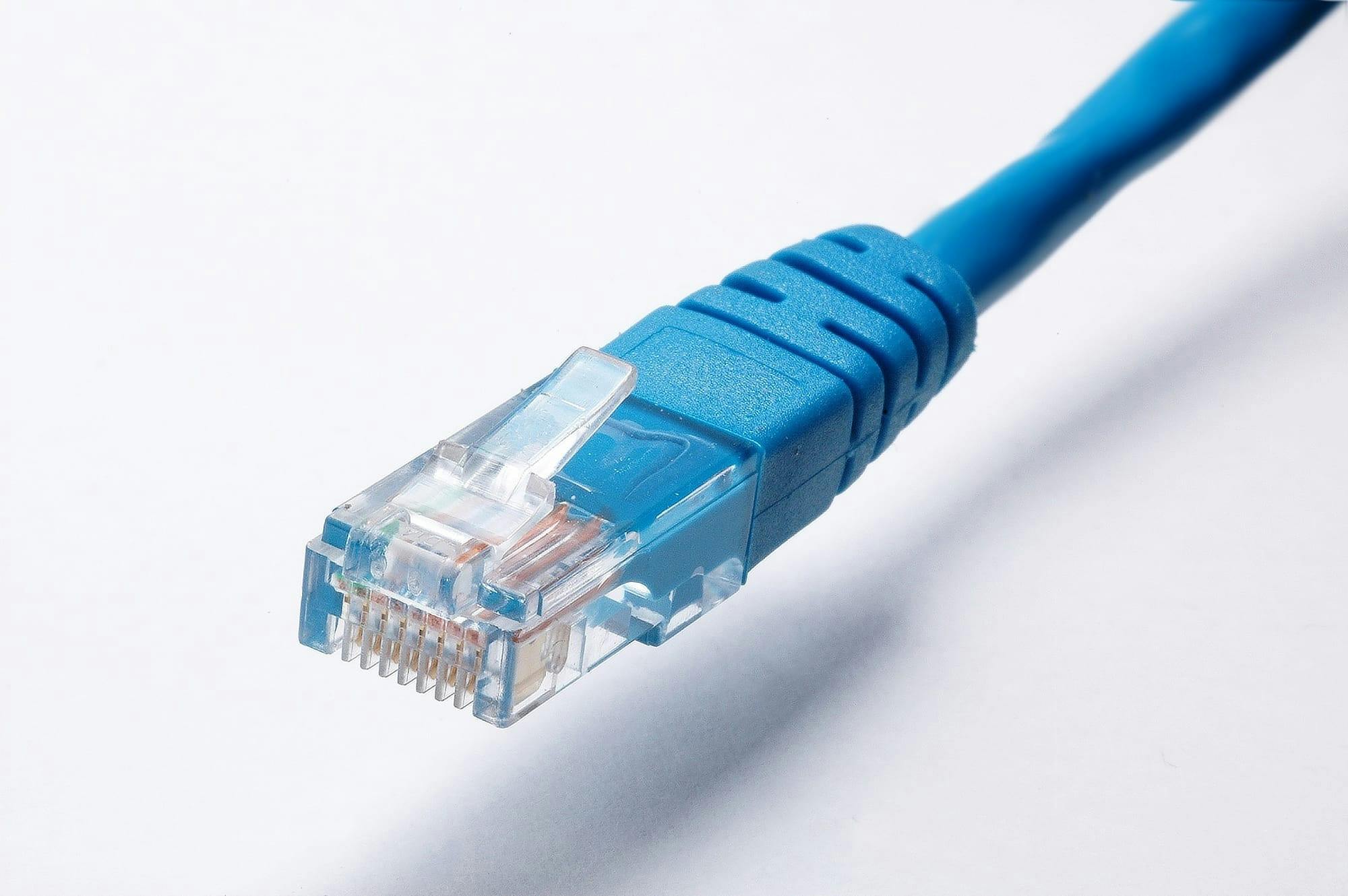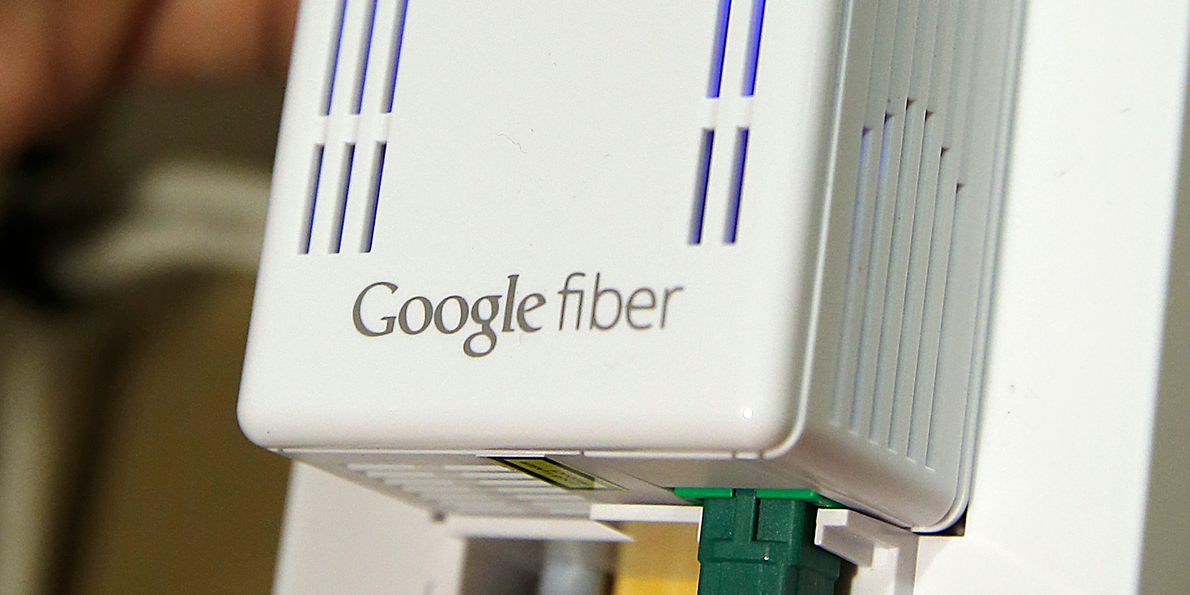Cable Internet Providers: Everything You Need to Know
In today’s digital world, internet connectivity is essential. For many, cable internet is a reliable and widely available option, known for its high speeds and consistent performance. But what exactly is cable internet? How does it work, and who are the major providers? This article dives deep into cable internet, helping you become an expert on the subject by covering how it operates, what it's best used for, and the top providers to consider.
What is Cable Internet?
Cable internet is a type of broadband internet connection that uses the same coaxial cable network as cable television. This means that households that have cable TV service can often access internet service via the same infrastructure, making it a convenient and widely accessible option. Unlike DSL, which uses phone lines, cable internet offers significantly higher speeds, making it ideal for streaming, gaming, and other high-bandwidth activities.
How Does Cable Internet Work?
Cable internet relies on coaxial cables, the same cables used to deliver cable TV. Here’s a breakdown of how it functions:
- Coaxial Cable Networks: Cable internet uses a network of coaxial cables that transmit data from the Internet Service Provider (ISP) to users’ homes.
- Cable Modems: A cable modem in your home converts the data sent through these cables into an internet connection that can be used on your devices.
- Shared Connection: Cable internet connections are often shared within neighborhoods, which can impact speed during peak usage times.
The infrastructure for cable internet is more robust than traditional phone lines, allowing for faster data transmission and stable connections, especially in urban and suburban areas where coaxial networks are well-developed.
How Can Cable Internet Be Used?
Cable internet is versatile and can support a wide range of online activities, such as:
- Streaming and Gaming: High download speeds make cable ideal for streaming HD and 4K content, as well as online gaming.
- Remote Work and Video Conferencing: Reliable upload and download speeds support remote work needs like video conferencing, file sharing, and cloud computing.
- Smart Home Integration: Cable internet’s stable connection is ideal for smart home devices, ensuring consistent operation across multiple connected devices.
- Online Education: With the growth of online learning, cable internet provides the speeds needed for video classes, interactive platforms, and other educational resources.
Top Cable Internet Providers
| Provider | Max Speed (Mbps) | Pricing | Key Features | Availability |
|---|---|---|---|---|
| Xfinity | Up to 1200 | Starting at $29.99/mo | Flexible plans, fast speeds, nationwide coverage | Available in 40+ states |
| Spectrum | Up to 1000 | Starting at $49.99/mo | No contracts, unlimited data, nationwide hotspot access | Available in 40+ states |
| Cox | Up to 940 | Starting at $29.99/mo | Panoramic WiFi, customizable plans, Cox Complete Care | Available in 18+ states |
| Optimum | Up to 940 | Starting at $40/mo | No contracts, nationwide hotspot network, free equipment rental | Available in 20+ states |
| Mediacom | Up to 1000 | Starting at $39.99/mo | Affordable plans, high speeds in rural areas, bundle discounts | Available in 22+ states |
Comparison of Cable Internet Providers
Each provider offers unique benefits based on speed, pricing, availability, and customer service. Here’s a quick comparison to help you choose the best fit for your needs:
- Xfinity: Known for its wide availability and flexible plans, Xfinity offers various packages to meet different needs, including bundles for TV and home security.
- Spectrum: Spectrum is widely available and known for its straightforward pricing and no-contract plans, making it a popular choice for those who prefer flexibility.
- Cox: With a focus on customizability, Cox offers various plans that can be tailored with additional services like Cox Complete Care and panoramic WiFi.
- Optimum: Optimum’s no-contract plans and included equipment rental make it a great option for users looking for convenience and cost-effectiveness.
- Mediacom: Ideal for rural users, Mediacom’s high-speed plans and affordable pricing provide options for areas that often have limited broadband choices.
Advantages and Disadvantages of Cable Internet
Advantages
- High Speeds: Cable internet generally offers higher speeds than DSL and satellite.
- Wide Availability: Cable internet is available in many urban and suburban areas.
- Stable Connections: Ideal for streaming, gaming, and other high-bandwidth activities.
Disadvantages
- Shared Bandwidth: Cable internet speeds may slow during peak usage times as bandwidth is shared with neighbors.
- Limited Availability in Rural Areas: Although available in many regions, cable may be limited in rural or remote areas.
- Higher Costs Compared to DSL: Cable internet plans can be more expensive than DSL, especially for high-speed packages.
Is Cable Internet Right for You?
Cable internet is a reliable and high-speed option for users who need stable, fast connections. It’s particularly suited for households with multiple users and devices, as well as those who rely on fast download speeds for entertainment or work. However, if you live in a rural area or prefer lower-cost internet options, DSL or satellite might be worth exploring.
Related Links
- Comparing Fiber vs. Cable Internet: Which is Better?
- Top Internet Providers in Houston
- Spectrum Internet Boosts Speeds and Lowers Prices: How It Stacks Up Against Competitors
- Best Internet Providers for Streaming in 2024
Conclusion
Cable internet remains one of the most popular options for households seeking high-speed and reliable internet access. With various providers offering a range of plans and speeds, it’s easy to find a plan that suits your needs, whether for streaming, gaming, or working from home. We hope this article has helped you understand the ins and outs of cable internet and has provided you with the knowledge needed to make an informed decision on your provider.





